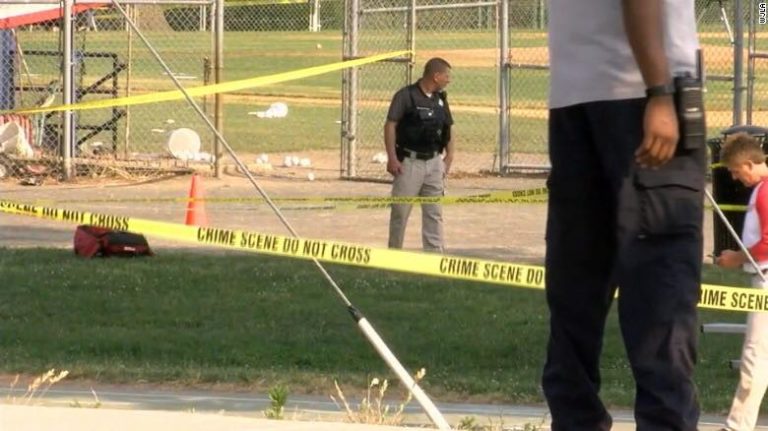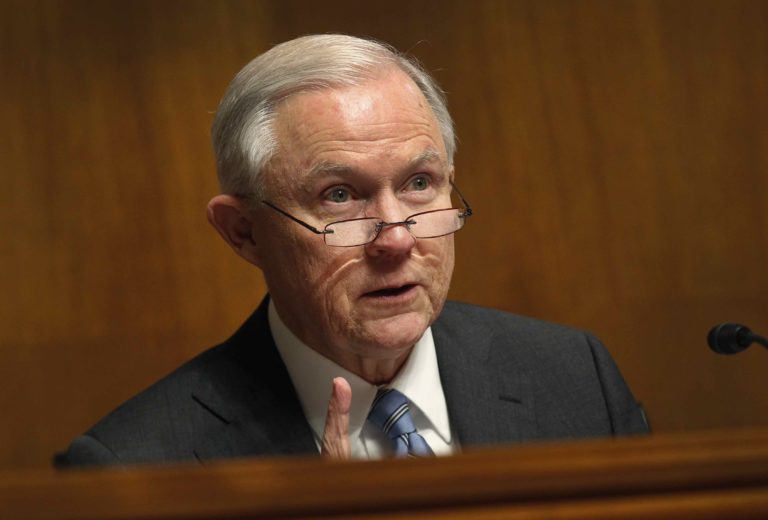As prospects for outright repeal and replacement of the Affordable Care Act (ACA) dim, Republicans are still looking for some way to make good on their promise to banish Obamacare to the dustbin of history. The latest idea is a so-called “skinny repeal” that would jettison a few unpopular provisions, such as mandates to buy health insurance and a tax on medical devices, but leave the bulk of the law in place.
Skinny repeal is less a serious policy proposal than a bid to keep the path for a more comprehensive rollback open. Passing a bill, any bill, would trigger a conference with the House, allowing lawmakers more time to hash out a compromise. Think of it as a placeholder for a more comprehensive solution rather than a final product.
Skinny repeal is destined to be the sad little bill from Schoolhouse Rock…without the happy ending. It’s highly unlikely to ever become law as a standalone measure. Good thing too. If it did become law, it would create a mess of unintended consequences that would throw health insurance markets into chaos. This has put Senators in the absurd position of seeking assurances before they for the bill that the House won’t do anything crazy — like actually pass it. We must have missed that episode of Schoolhouse Rock.
Health policy is insanely complicated. Seemingly small changes can have cascading effects that aren’t immediately apparent. For example, forcing people to buy health insurance isn’t a popular idea, so repealing this part of Obamacare seems like a no-brainer. But, doing so would cause a steep rise in premiums and add millions to the rolls of the uninsured. The reason has to do with the one thing everyone likes about Obamacare, the provisions prohibiting health insurers from denying coverage to people with pre-existing conditions and limiting what insurers could charge them in premiums. This allowed loads of people with health problems that couldn’t get covered before to buy health insurance. But, the cost of covering these sorts of people is usually substantially greater than the ACA allows insurers to charge. To make it all work, you need more healthy people, who don’t need much care, to buy insurance. Their premiums could then offset the cost of all the new sicker people.Among the reasons premiums have risen so steeply in recent rears is not enough healthy people actually bought insurance. This forced insurers to hike premiums on everyone to fill the gap. If the individual mandate were removed, the situation would become far worse.
The Congressional Budget Office estimates that this would result in an additional 20% increase over the rise in insurance premiums already expected. Over the next ten years, they reckon that 16 million more people would end up uninsured, either because they opted to go without coverage voluntarily or could no longer afford it.
- Democrats will still be immovably opposed to dismantling their party’s signature legislative accomplishment.
- Ending Medicaid expansion will still be a non-starter for Senators whose constituents received coverage through Medicaid expansion.
- And covering people with preexisting conditions without forcing healthy people to buy insurance will remain a tough nut to crack.
Obamacare has lots of problems. But getting rid of it does too.









